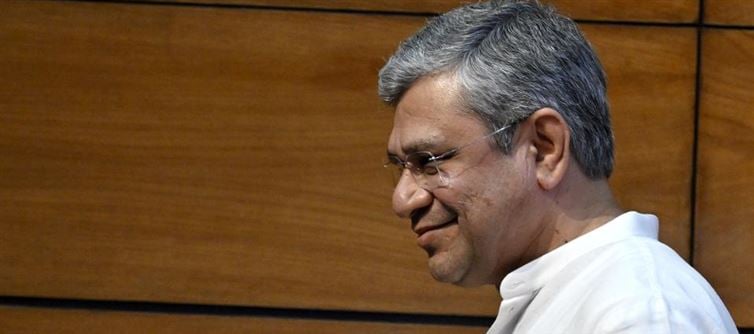
In the backdrop of rising demands for a caste-based census, the Union government has reiterated its cautious stance, emphasizing administrative challenges and data reliability concerns. Union minister Ashwini Vaishnaw recently stated that efforts like the 2011 Socio-Economic and Caste Census (SECC) and state-led initiatives should be viewed as surveys, not full-fledged census exercises.
The government has consistently maintained that only Scheduled Castes (SCs) and scheduled tribes (STs) have been officially enumerated in the census since 1951. Efforts to include broader caste categories have been deemed methodologically complex and politically sensitive. The 2011 SECC, which attempted to gather caste data across the country, has been criticized for inconsistencies and data quality issues. As a result, the caste component of that survey was never officially published.
In contrast, several states have moved forward with their own caste surveys. Bihar, for instance, conducted a comprehensive caste-based survey in 2023, which has since influenced local policy. Other states, such as tamil Nadu and Karnataka, have also advocated for detailed caste enumeration to aid in resource allocation and social justice measures.
Vaishnaw underlined that while these surveys provide valuable socio-economic insights, they lack the scale and rigor of a national census and should not be interpreted as official caste counts. He emphasized that any move toward caste enumeration on a national scale must account for significant technical and societal challenges.
The debate over caste data remains a contentious issue in indian politics, balancing between the need for accurate data to support affirmative action and the risk of deepening caste-based divisions.




 click and follow Indiaherald WhatsApp channel
click and follow Indiaherald WhatsApp channel